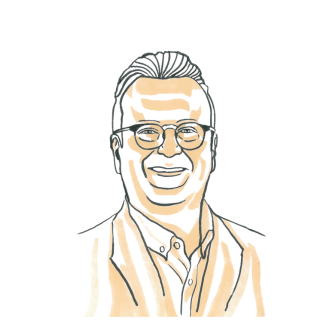
The Diplomat’s Last Message
Nearly a year after Henry Kissinger’s passing at the age of 100, his final book, “Genesis: Artificial Intelligence, Hope, and the Human Spirit,” co-authored with technologists Craig Mundie and Eric Schmidt, has been published. In this captivating work, Kissinger explores how AI can empower humanity while posing profound questions about our collective future.
by Arda Öztaşkın
Many were surprised when Henry Kissinger, one of the twentieth century’s most influential diplomats, turned his attention to artificial intelligence at age 95 and spent his final years devoted to the field. However, this wasn’t merely an elderly man’s belated interest in technology. Kissinger, one of the core architects of the Cold War, had recognized the new existential threat facing humanity in the twenty-first century: The rise of artificial intelligence systems that could surpass human intelligence. Kissinger, somewhat unexpectedly, joined the AI debate with his 2018 article in The Atlantic, “How the Enlightenment Ends”. Though it was surprising, Kissinger’s turn to AI wasn’t a coincidence. Having begun his academic career working on nuclear strategy in the 1950s and having shaped U.S. foreign policy during the Cold War’s most critical periods, Kissinger was skilled at recognizing history’s major turning points. Just as nuclear weapons shaped 20th-century geopolitics, AI would shape the 21st century.
Genesis A Manifesto for a New Era
Kissinger’s years studying artificial intelligence resulted in his final book, Genesis: Artificial Intelligence, Hope, and the Human Spirit, co-authored with Eric Schmidt and Craig Mundie. The book was finished before his death at age 100 in 2023 and published this year by Little, Brown and Company. At its core, Genesis argues that artificial intelligence isn’t just another technology but is ushering in a new era in human history. Kissinger, Schmidt, and Mundie see the development of artificial intelligence as
perhaps the most significant transformation of society since the Enlightenment. The book’s central thesis is striking: Humanity is on the threshold of evolving into a new species that could be called “Homo technicus.” This evolution, however, is not biological: it is a technological and mental transformation brought on by access to artificial intelligence.
Discover Arda Öztaşkın’s full article in the first issue of CentreMag.



